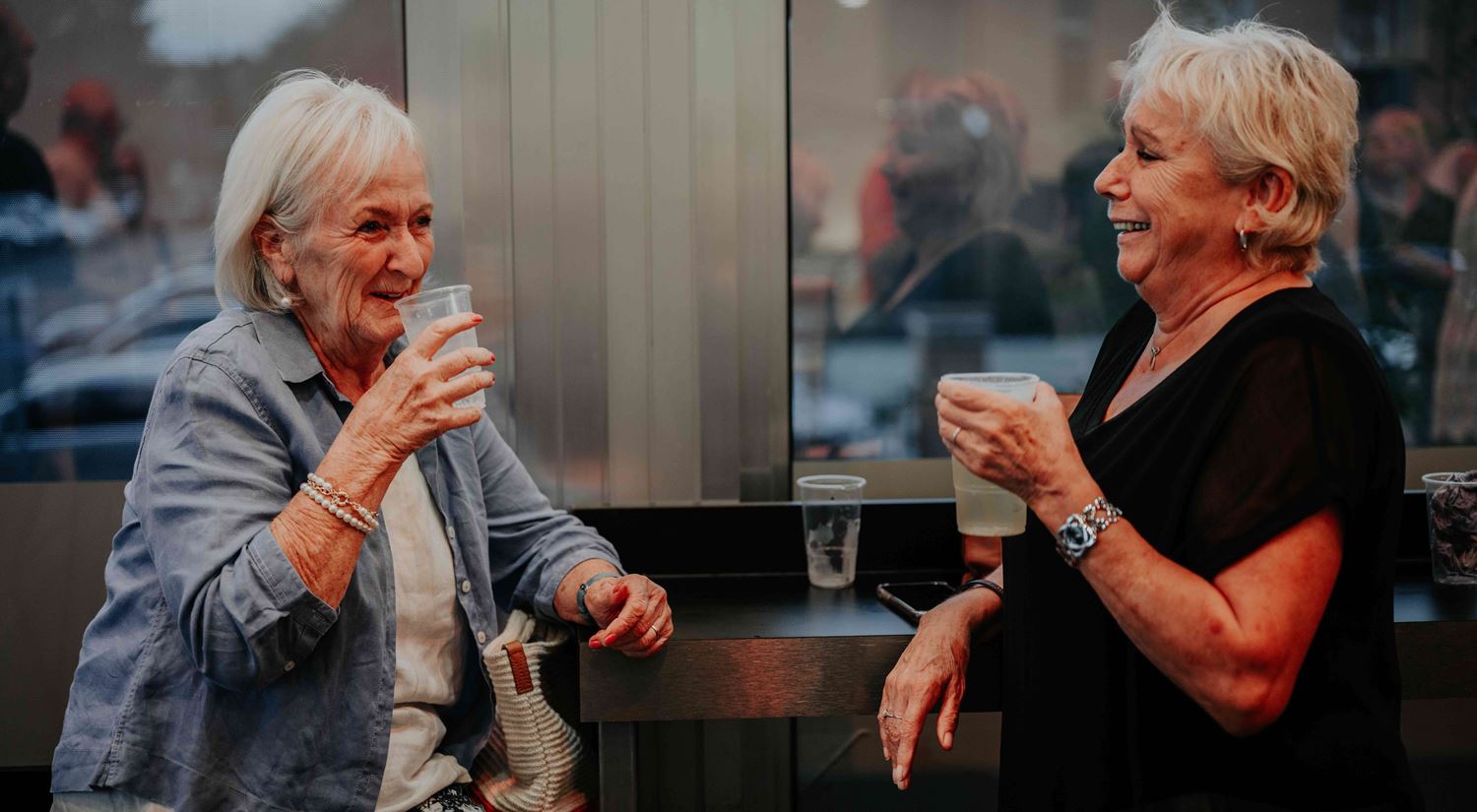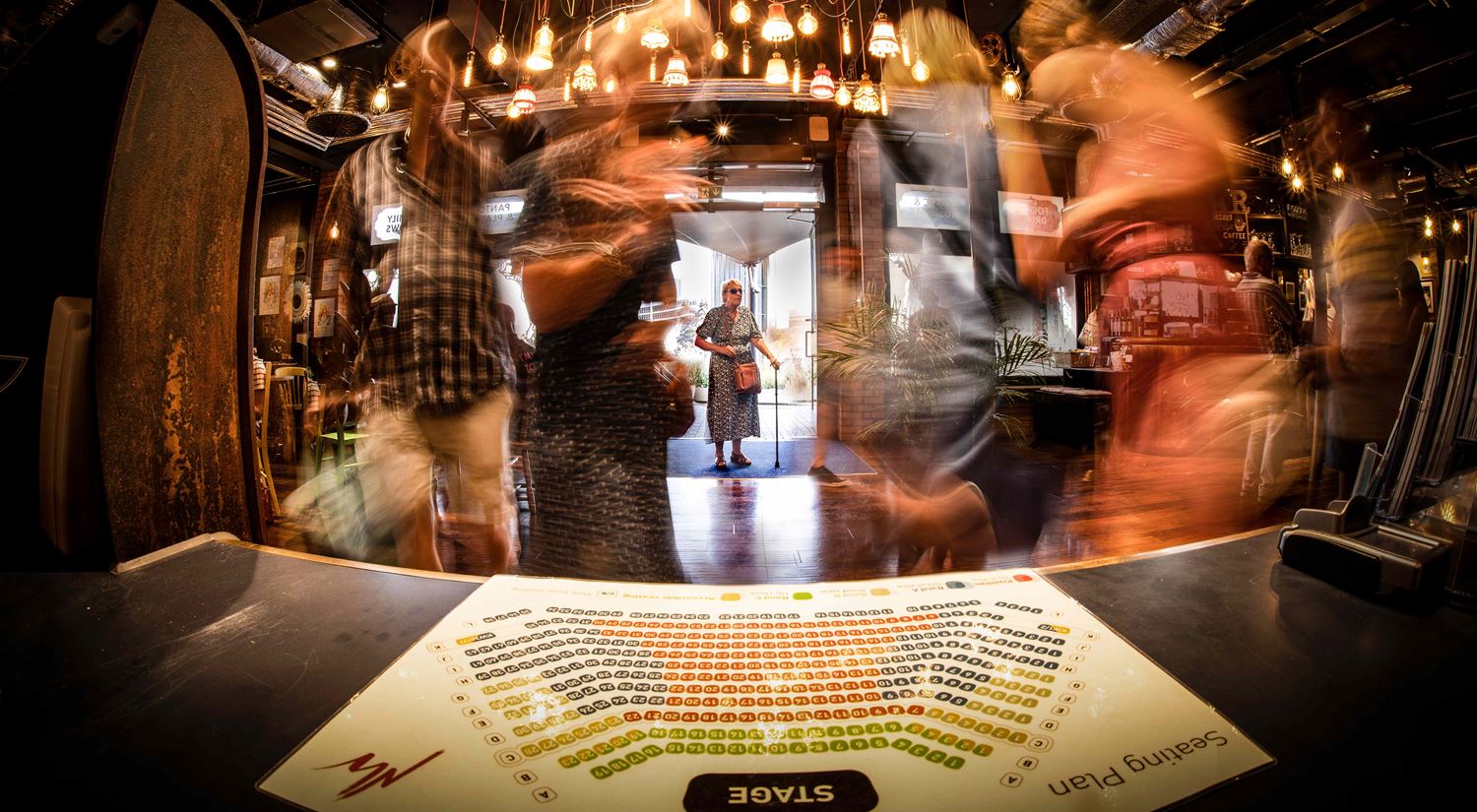Professor Klich’s report, ‘Theatres Beyond the Stage’, shows that the return to in-person workshops and outreach events has played a major role in the recovery of theatres and communities, and that there’s a strong reciprocal relationship between theatres and their communities based on shared priorities and values.
The study also shows that loyal audience members have been keen to support their regional arts organisations and that there is a connection between how regularly people visit their theatre and their sense of identity to their local community.
However, her report also revealed a proportion of ‘lost audiences’ – previously regular theatregoers who haven’t returned. Reasons cited include concerns about COVID-19 and financial constraints but also a feeling of “falling out of the habit”.
A third of people who haven’t returned to the theatre reported being unsure as to when or whether they would return. Another third said they believe it’s somewhat or very unlikely they will book to see two productions in the next six months.
Professor Klich explained: “Survey responses suggest the most important factor influencing the return of these ‘lost audiences’ will be programming but focus groups reveal a more nuanced picture.
“For many it is simply about the disruption of the pandemic impacting their desire to return and a feeling that they are yet to rediscover this cultural and social aspect of their lives. Our findings will support theatres in finding new and innovative ways to re-engage these audiences.”
There is evidence though of ‘new audiences’ “driven by the desire to ‘try something new’ as well as support arts organisations, and in response to regional theatres working tirelessly to attract new audiences of all ages” according to Professor Klich.
Steve Mannix, Executive Director at the Mercury Theatre, said: “We’re really pleased with the rate at which audiences have returned but recognise that the pandemic has had a significant impact on customers booking habits and we’ve not yet returned to pre-COVID levels. Many segments of our audiences are clearly still reluctant to return. This research clearly shows that some will not be willing to return for some time. The impact of the pandemic is still with us as we now face the cost of living crisis. We want to signal to audiences that theatres in the region are still the welcoming and friendly spaces that they’ve always been and we’re working even harder to create fantastic experiences.”
Douglas Rintoul, Chief Executive at the New Wolsey Theatre (NWT), said: “We’ve really valued the research undertaken for 'Theatres Beyond the Stage'. We would struggle to achieve something of this scale ourselves in a time where our teams are working tirelessly to reengage communities and audiences. Although NWT has just had the most successful show in the history of the organisation, the insight helps to confirm trends we have already noticed but more importantly shines a light on the nuance and complexity to barriers to returning audiences. This now acts as a lens influencing programming and communication choices and galvanises our objectives around digital access and audience development.”
Mathew Russell, Executive Director at Queen’s Theatre Hornchurch, said: “The 'Theatres Beyond the Stage' research is invaluable to us and it's been extraordinarily useful to participate in this University of Essex project. It provides concrete and granular evidence that reinforces our long-held perspectives about the importance of Queen's Theatre Hornchurch as an inter-generational community hub, something that has become even more important during the pandemic, but equally gives us fascinating insights into the range of, sometimes contradictory and never simple, new context about audiences in the current complex times. It's becoming an essential reference as we navigate the way we respond to fresh challenges.”
Header image by Gillian Allard, New Wolsey Theatre, 2022







.jpg?mh=500&mw=500&hash=6568B6C9CCF5290A596BEF6678B6AD0E)




